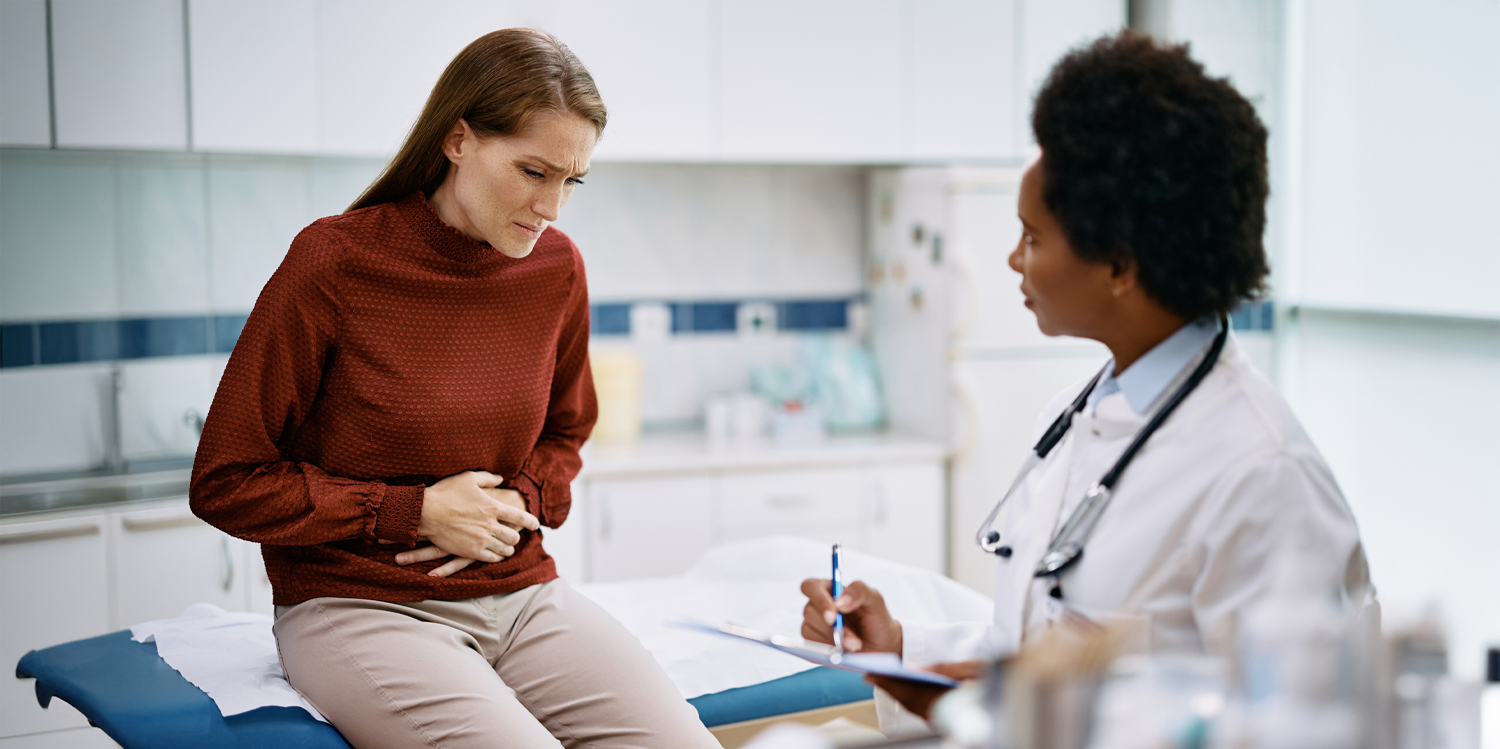 Surgery is no longer required as a first-line option to diagnose endometriosis.
Surgery is no longer required as a first-line option to diagnose endometriosis.
The Royal Australian and New Zealand College of Obstetricians and Gynaecologists (RANZCOG) published a new resource that provides the best available scientific evidence to assist the detection, diagnosis and management of the disease.
The ‘Australian Living Evidence Guideline: Endometriosis’ replaces the first ‘Australian Clinical Practice Guideline for the Diagnosis and Management of Endometriosis’.
The chronic, inflammatory gynaecologic disease has in the past been under-recognised, and diagnostic delay and affordability of ongoing care can have a substantial impact on quality of life for individuals and families.
The new guide provides a quick reference guide and flowchart have also been designed to support primary care providers, and there are also updated resources for the public.
Common symptoms of endometriosis are severe painful periods, pain with sex, infertility, pelvic pain and heavy menstrual bleeding.
The resource outlines emerging evidence that suggests a greater number of cases can be diagnosed with increasing accuracy using techniques such as transvaginal ultrasound and magnetic resonance imaging.
RELATED: Contraceptive choices for women with endometriosis
It advises that patients with symptoms suggestive of endometriosis should be offered a transvaginal pelvic ultrasound as the first-line investigation and that a pelvic MRI can be offered if ultrasound is not available, or if deep endometriosis is suspected.
Endometriosis had previously required a surgical procedure for diagnosis to be confirmed, so it is anticipated this could help reduce diagnostic delay.
Dr Rose McDonnell, an obstetrician and gynaecologist from St John of God Hospital Subiaco Medical Clinic, said many of her patients had seen multiple GPs to get a referral to a gynaecologist as their symptoms were mistaken for normal.
She said the guidelines would be useful for GPs, paediatricians and emergency department doctors, as well as parents and schools.
“The old way of thinking of ‘it’s just your period’ and ‘the pain you have with your period is normal’ is no longer an up to date way of thinking,” Dr McDonnell told Medical Forum.
“I come across so many young women who have had a terrible time with periods and have been told to put up with it. It’s not until they get into their 20’s and see something on socials or speak to their friends that they realise that what they’re experiencing is not normal.”
Among the key points that Dr McDonnell urges doctors to take from the updated guidelines is that endometriosis is under-recognised and treatment delays can have detrimental effects for women, including the development of pelvic pain and fertility issues.
RELATED: Endometriosis and infertility: understanding the link and exploring treatment options
“The impact of endometriosis is far reached and can result in reduced educational outcomes, reduced career options and poorer quality of life socially, physically and psychologically,” she said.
Dr McDonnell said the guidelines outlined diagnostic tests and treatment may begin at the first consultation, and that a “normal pelvic exam does not exclude endometriosis”.
The resource supports GPs to begin first-line hormonal treatment while diagnostic investigations are under way, unless the patient is trying to conceive.
Additional interventions such as analgesics, physiotherapy or psychological interventions should also be considered.
There are also new recommendations specific to adolescents. It suggests that if a laparoscopy is being considered for a young person, it should be performed by a gynaecologist with experience in managing endometriosis in young people.
It notes there are often difficulties diagnosing endometriosis in adolescents because suitable services to refer adolescents with suspected or confirmed endometriosis are lacking.
Poor mental health literacy also means there is a gap in knowledge around what is considered normal when it comes to period pain and symptoms.
A free eLearning module for multidisciplinary care providers to support delivery of consistent, high-quality endometriosis care will be available at the end of May.
Want more news, clinicals, features and guest columns delivered straight to you? Subscribe for free to WA’s only independent magazine for medical practitioners.
Want to submit an article? Email [email protected]

